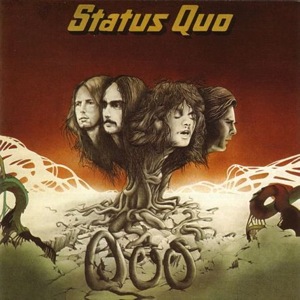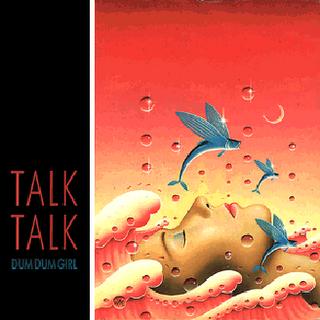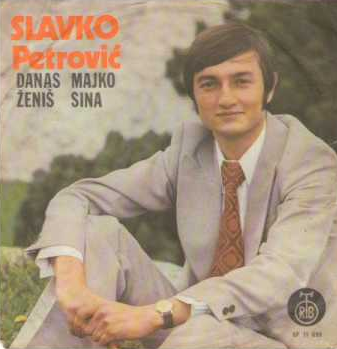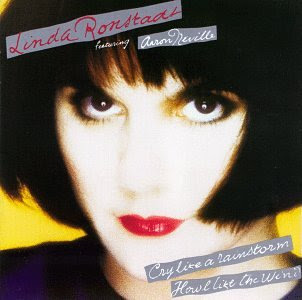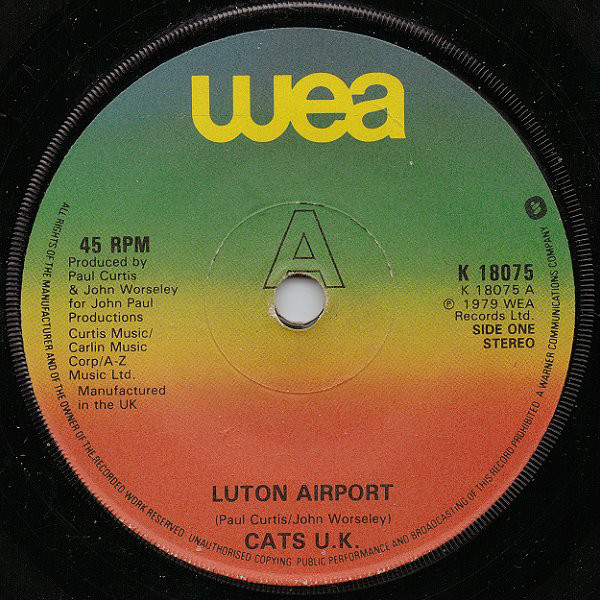
“Luton Airport” (1979) – Cats UK * Written and produced by Paul Curtis and John Worseley * 45: “Luton Airport” / “Sail Away” * Label: WEA * UK singles chart: #22
This easy-to-forget British fad hit capitalized on a 1977 Pygmalion-esque TV commercial for Campari liqueurs, in which a gentleman dressed in white (played by Jeremy Clyde), tries to woo a beautiful young cockney lady (played by Lorraine Chase). “Were you truly wafted here from paradise?” he asks, to which she responds, “Nah, Luton Airport,” referring to the busy North London hub for low-cost domestic and European airlines. The record, credited to an assembled group of female vocalists called Cats UK, took advantage of the late ’70s catchphrase. But here’s what else it took advantage of—the early 1979 Squeeze #2 hit “Cool for Cats,” whose musical framework and lyrical cadences it mimics and whose vocalist (Chris Difford) had sung with a thick cockney accent. That also explains the name of the group and possibly even their willing usage of the “UK” appendage, seeing that Squeeze had billed themselves as UK Squeeze in the US for their debut LP. The popularity of “Cool for Cats” probably influenced this song’s inception more than the Campari ad itself, and although the connection had to have been obvious to listeners at the time, it seems to have faded from the present-day narrative.

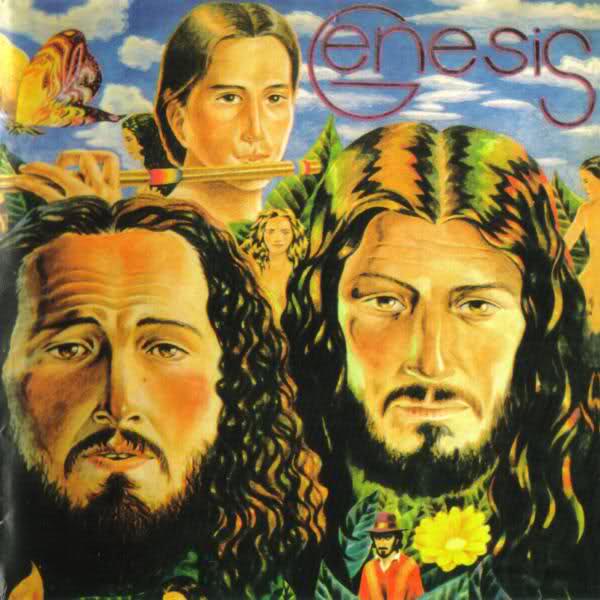 Génesis – “Señora del Silencio” (1974)
Génesis – “Señora del Silencio” (1974)
